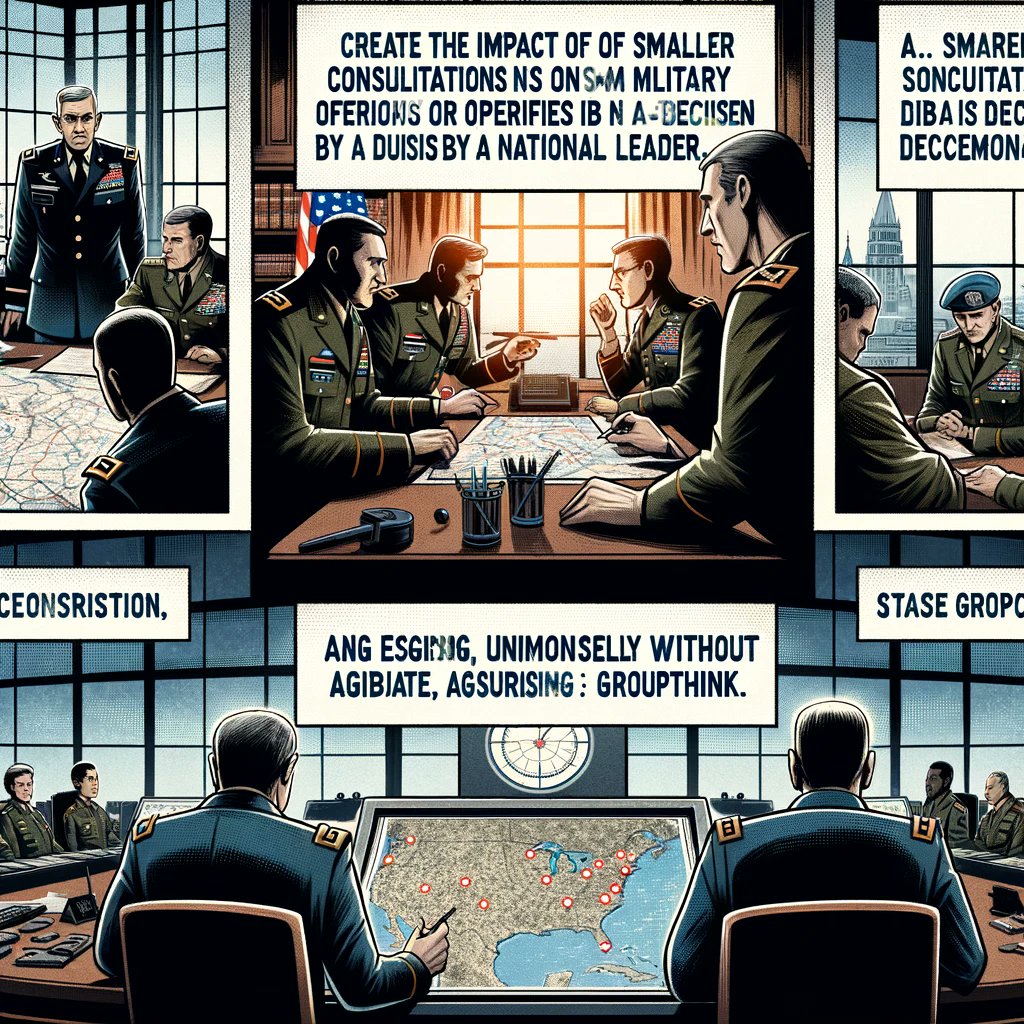For those who do not know what this means. This shift reflects underlying political dynamics or disputes within the broader war cabinet. By moving to smaller consultations, Netanyahu is attempting to bypass internal disagreements and consolidate more control over war strategies.
This decision could affect how both international allies and domestic constituencies view Israel’s handling of the Gaza situation. It could either reassure stakeholders looking for decisive action or concern those who value broader deliberative processes in military decision-making.
They want to streamline strategies to waste less time on those who are looking to mitigate the destruction taking place, that is holding back mote robust action. Less people at the decision table means more feet on the ground without a political strategist causing delay due to optics from the public.
This will lead to a shift in military tactics. With a smaller group involved in consultations, decisions about military operations could be made more quickly. This might allow Israeli military forces to adapt faster to changing conditions on the ground in Gaza. For example, they might be able to launch or adjust operations in response to immediate threats without the delay of navigating through a larger group's consensus.
Smaller consultations could lead to more focused and possibly more aggressive military strategies if the advisors are primarily military personnel with direct field experience or a strategic mindset aligned with Netanyahu's vision. This can lead to a shift in how operations are prioritized, potentially focusing on geographic areas or types of operations deemed most critical.
With fewer people involved, the strategy may be more consistent, as it’s less subject to the varied opinions and interests that might have influenced a larger cabinet. This might mean a more unified approach to how military operations are conducted, potentially increasing the effectiveness if well-coordinated.




You are not authorised to post comments.